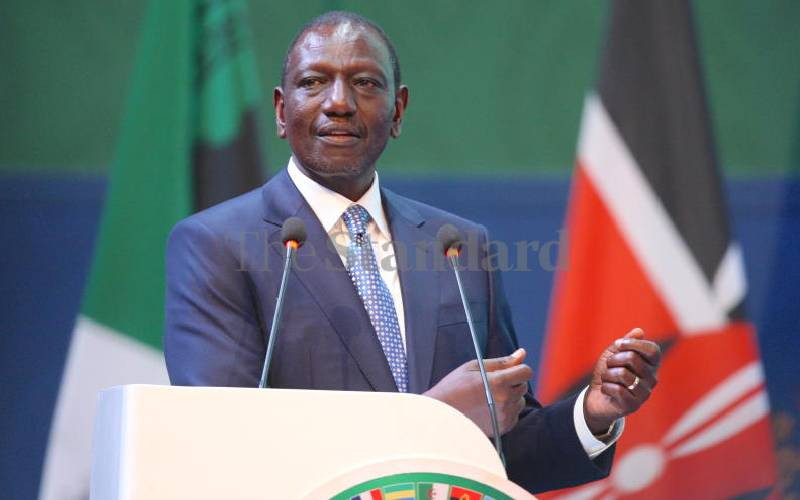×
The Standard e-Paper
Informed Minds Prefer The Standard

Audio By Vocalize

It is fair to speculate that President William Ruto's Kenya Kwanza administration might turn out to be our most disappointing since independence.

